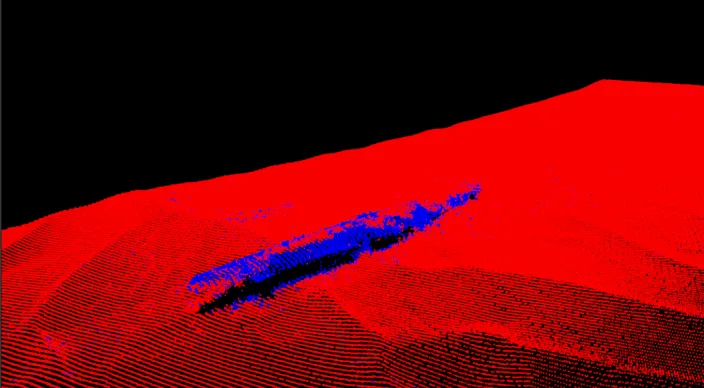MCAD is a Maritime Cyber Attack Database consisting of incidents dating back to 2001. The database, which was developed in collaboration with students, is now online and publicly available. Utilizing open source information, the research group has collected information on over 160 cyber incidents involving the maritime sector, including the location spoofing of NATO ships visiting Ukraine in the Black Sea by Russia in 2021.
The incidents in the database demonstrate the relevance of cyber security across the board of today’s maritime industry and the vulnerabilities that exist. McCombie: “The simulated attack in Ukraine was all about provoking a reaction and so-called ‘deploying disruptive power.’ It appeared as if the British and Dutch warships were near the coast of Russian-occupied Crimea entering Russia’s main naval base, but it turned out to be a virtual trip that never took place. The scope of what is possible today is surprising, so we need to educate governments and companies about these kind of cyber-attacks and help them understand not only how to react to them, but how to be prepared for them.”
Drawing from open source information, the NHL Stenden’s Maritime IT Security research group collected information on over 160 cyber incidents in the maritime industry for the MCAD. The database not only covers incidents impacting vessels, but also ports and other maritime facilities worldwide. Now available publicly online, the research group expects the database will help improve cyber security awareness in the sector and provide data for further research and more accurate simulations in this critical area.

Call to contribute
To provide a complete overview of all cyber security threats worldwide, the Maritime IT Security research group is asking corporations and other research institutions to contribute to the database.







